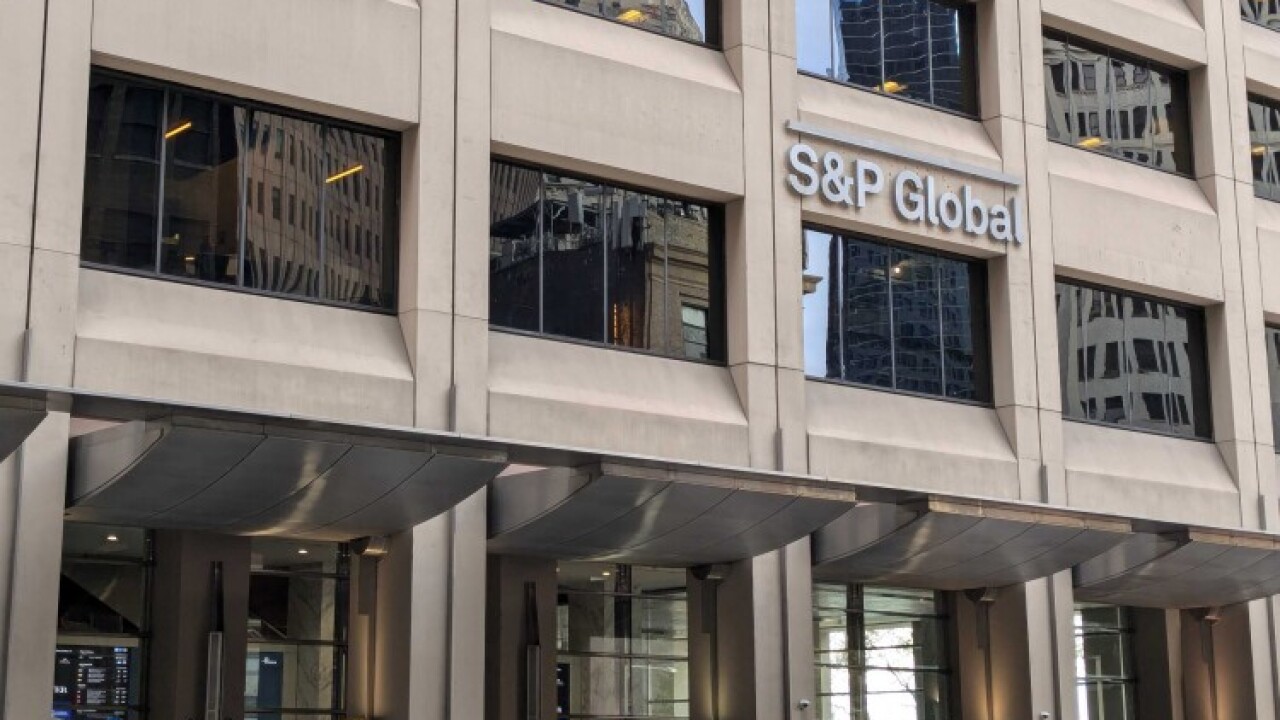The Puerto Rico Oversight Board stepped up its effort to lighten the territory's debt burden, making a bid to claw back money that issuers paid to bondholders from May 2013 to May 2017.
The board made its intentions clear

The board, in a “Joint Claim Objection,” is asserting that $6 billion of Puerto Rico general obligation bonds sold from 2012 to 2014 are null and shouldn’t be paid because they exceeded the island’s constitutional debt limit.
“Simultaneous with the Joint Claim Objection, the Oversight Board and the [Unsecured Creditors Committee] recognized that, to the extent successful in the Joint Claim Objection (and to the extent that other bond issuances could be null and void), the Oversight Board would have grounds to avoid and recover – or ‘claw back’ payments on the Challenged Bonds,” the board wrote in its Tuesday filing.
The board defined the “Challenged Bonds” to include Employees Retirement System bonds. It also includes Public Building Authority bonds and GO bonds sold as early as July 1, 2009. The board said it is preparing to seek the return of all debt service payments from May 2013 to May 2017 on these bonds.
The board also said it “anticipates filing potentially several hundred Avoidance Actions unrelated to the Challenged Bonds.” Avoidance Actions could challenge the legitimacy of paying bonds.
This is “more of Kabuki Theater to put pressure on the creditors rather than to collect the money,” said municipal bankruptcy expert James Spiotto. Spiotto said the attempt to claw back bond payments is unprecedented in a Chapter 9 municipal bankruptcy. Puerto Rico’s bankruptcy is operating under the Puerto Rico Oversight, Management, and Economic Stability Act, which incorporates many parts of Chapter 9.
Spiotto said the board is trying to ratchet up pressure on bondholders as it attempts to renegotiate the debt.
Attorney Scott Silver said the board’s focus was probably on time. The board asked the court to extend the May 2 and May 20 statute of limitations deadlines for filing challenges to the bonds and to their payment. It asked for the court to first make its decisions about the board’s challenges to the bonds. It asked the court to allow the board until 90 days after that date to file requests to pull back payments to individual bondholders.
“It will be interesting to see if anyone objects to this application, as I suspect it is a negotiation tactic to allow the various groups time to try and reach a practical solution,” Silver, managing partner at Silver Law Group, said.
Spiotto said for the board to succeed in clawing back payments, it would first have to get the court to invalidate at least some of the bonds and declare the issuers shouldn’t pay them. Next the board would have to succeed in tracking down who has been paid.
In its filing the board said it has started the latter process. It also said the process is difficult, particularly for the GO bonds.
Spiotto, managing director at Chapman Strategic Advisors, and Puerto Rico attorney John Mudd said that Judge Laura Taylor Swain, who is overseeing the PROMESA Title III bankruptcy, is likely to grant the board its request for more time.
The board, through its claims counsel Brown Rudnick LLP, has filed a notice of hearing in the case saying that parties have until 4:00 p.m. Atlantic Standard Time, April 9 to file a challenge to its Tuesday filing. A hearing on the matter will take place as part of the Title III omnibus hearing on April 24.
Even if the board were to go through with attempting to wrest back bondholder money and succeed in getting the money, the board would probably spend a greater amount of money on litigation expenses, Spiotto said. Some of the bondholders probably only received a few hundred dollars in the period.
Spiotto said there have been rare occasions in the world of corporate bonds when there have been efforts to claw back bondholder payments. They have been abandoned because of their difficulty.
“It appears unrealistic to me for the board to reach out to retail investors in Puerto Rico who received nominal principal and interest payments over the last few years who used this money to recover from hurricane Maria and claw back money that investors have already spent on recovering from the storm,” Silver said.
On Tuesday the Ad Hoc Group of GO bondholders filed a motion explaining what they thought should be done if the court rejects its arguments defending Public Building Authority bonds and rejecting the cancellation of GO and PBA bonds. On this condition it said the court should declare Public Building Authority bonds sold from July 1, 2009 onward null and not eligible for payment. As a backup to this proposal, the group asked for both PBA and GO bonds sold after this date to be declared null and ineligible for payment.
The board filed its motion hours later after the Ad Hoc Group motion and indicated that it may also challenge these earlier bonds.





